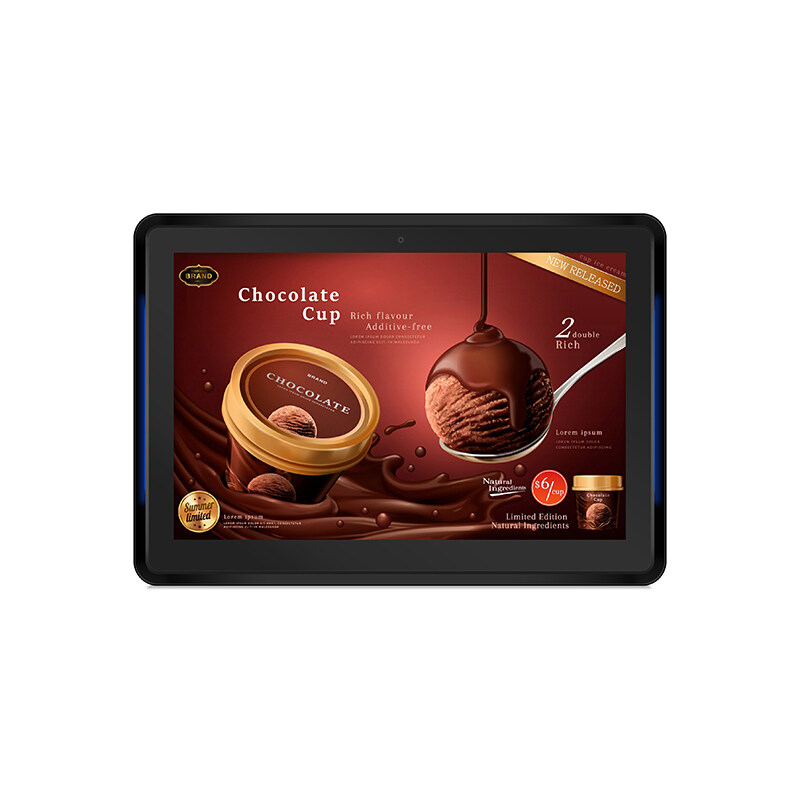Email format error
Email cannot be empty
Email already exists
6-20 characters(letters plus numbers only)
The password is inconsistent
Email format error
Email cannot be empty
Email does not exist
6-20 characters(letters plus numbers only)
The password is inconsistent

News

Streamlining Meeting Room Booking with Android Tablets
Introduction
Efficient management of meeting room bookings is crucial for organisations in today’s fast-paced business environment. Android tablets offer a convenient and user-friendly platform to simplify the process of reserving meeting rooms. In this blog post, we will explore various aspects of developing a meeting room booking application for Android tablets.

Creating a Meeting Room Booking App
Developers can utilise the powerful Android Studio IDE and Java programming language to create a user-friendly meeting room booking app. The app should have an intuitive interface that allows users to easily view available meeting rooms, select a suitable time slot, and make a reservation. Integration with a backend server or cloud-based service ensures real-time availability updates.
Implementing Calendar Functionality
To enhance the user experience, the app should integrate with the device’s calendar system. By utilising Android’s Calendar Provider API, developers can access and manipulate calendar events. This functionality enables users to view their schedule and make informed decisions while booking meeting rooms, avoiding conflicts.
Displaying the Available Meeting Room List
The app should provide a comprehensive list of available meeting rooms, including details such as capacity, amenities, and location. Developers can implement a database or API integration to fetch and display this information. Users can then select a suitable meeting room based on their specific requirements.
Time Selection with the Time Picker
To simplify the process of selecting a time slot, developers can implement a time picker component in the app. Android provides a built-in TimePickerDialog that allows users to choose the desired start and end times for their meeting. This feature ensures accurate bookings and avoids scheduling conflicts.
User Login and Permission Management
To ensure secure access and prevent unauthorised bookings, the app should incorporate user login functionality. Users can create accounts or authenticate using existing credentials. Additionally, permission management can be implemented to restrict certain users from booking specific meeting rooms or accessing certain features.
Notifications and Reminders
To keep users informed about their upcoming meetings, the app can send notifications and reminders. By utilising Android’s NotificationManager API, developers can display reminders on the device’s notification panel. Users can customise their notification preferences, such as receiving reminders a few minutes or hours before the meeting.
Search and Filter Functionality
To enhance usability, the app can include search and filter options. Users can search for meeting rooms based on specific criteria, such as capacity or availability during a particular time slot. Filter options can help users narrow down their choices and find the most suitable meeting room quickly.
Booking History
The app can maintain a booking history for users to reference past reservations. This feature allows users to track their meeting room usage and facilitates expense tracking or reporting. The booking history can be stored locally on the device or synchronised with a cloud-based service for backup and accessibility across multiple devices.
Modification and Cancellation of Bookings
Users should have the flexibility to modify or cancel their bookings if necessary. The app can provide options to edit the meeting details, change the time slot, or cancel the reservation altogether. Proper validation and confirmation mechanisms should be implemented to avoid accidental modifications or cancellations.
Data Synchronisation and Backup
To ensure data integrity and accessibility, the app can synchronise booking data with a server or cloud-based service. This feature allows users to access their bookings from multiple devices and provides a backup in case of device loss or failure. Developers can utilise RESTful APIs or other synchronisation mechanisms to achieve this functionality.
Conclusion
Developing a meeting room booking app for Android tablets streamlines the process of reserving meeting rooms and enhances organisational efficiency. By incorporating features such as calendar integration, user login, notifications, and search functionality, the app provides a seamless experience for users. With the increasing adoption of Android tablets in the business world, such apps are becoming essential tools for effective meeting room management.

